The China Photovoltaic Industry Association has expressed serious concerns about and strong opposition to the United States' distorting the global solar market by providing excessive subsidies to U.S. companies and imposing high tariffs on imported solar products.
It said the U.S. moves are hampering international cooperation in the fight against climate change.
The trade body said in a recent statement that the U.S. has built high walls of protectionism by imposing multiple trade restrictions and continuously increasing tariff barriers on imported photovoltaic products. In May, for example, the U.S. decided that the import tax on Chinese solar cells would rise from 25 percent to 50 percent.
The association also pointed out that the U.S. implemented exclusive and discriminatory industrial policies through legislation such as the Inflation Reduction Act and the Infrastructure Investment and Jobs Act, and subsidized its own photovoltaic industry on a large scale.
"The Inflation Reduction Act, introduced in 2022, offers subsidies of an unprecedented $369 billion to support investments and production in the clean energy sector, including domestic PV products, aiming to reconstruct the PV industry chain," said the trade body's statement.
On May 16, the U.S. Department of Energy announced $71 million investment to fund the Silicon Solar Manufacturing and Dual-Use Photovoltaics Incubator Program ($27 million) and the Advancing U.S. Thin-Film Solar Photovoltaics Funding Program ($44 million), aiming to close the gaps in PV supply chain manufacturing capabilities, the association added.
Such moves violated multilateral trade rules and severely distorted the market operations of the global supply chain of the PV industry, according to the statement.
Experts and business leaders said that while subsidies are common globally in the new energy industry, the U.S. strategy of raising tariffs under anti-subsidy pretexts and financially backing domestic companies is a double standard, with the aim of hindering Chinese solar companies from capturing global market share.
They said that Chinese-made solar and wind power equipment has facilitated the widespread adoption of affordable renewable energy worldwide, contributing to a global shift toward green development, adding that collaboration among global economies is essential for mutual gains in the sector.
Cui Fan, an international trade professor at the University of International Business and Economics in Beijing, said that policy interventions are necessary globally to address market flaws in advancing new energy. Solely relying on market forces could significantly delay global decarbonization progress by 20 to 30 years, which would be out of sync with the pace of global green initiatives, he added.
"However, in the WTO framework, subsidies must adhere to specific conditions, including avoiding unjust discrimination. The U.S.' Inflation Reduction Act breaches this by favoring U.S. products over Chinese imports," Cui said.
Lin Boqiang, head of the China Institute for Studies in Energy Policy at Xiamen University, said that the U.S.' high subsidies for its new energy industry, as well as its consistent raising of tariffs on Chinese goods under anti-subsidy pretexts, showcase a U.S. double standard.
Song Hao, assistant vice-president at GCL Technology Holdings, said the U.S.' contradictory actions of restricting imports under anti-subsidy pretexts while heavily supporting domestic solar industries were undermining fairness.
Lin said: "Although the U.S. has continuously raised trade barriers, it has limited impact on the Chinese solar industry, as China's direct exports to the U.S. are relatively small. Chinese companies have diversified investments globally, forging stronger ties with Europe, the Middle East and other regions to explore new opportunities."
The U.S. was not among the top 10 markets for China's solar module exports in the first half of this year, while Europe and Asia collectively accounted for over 80 percent of these exports, according to the China Photovoltaic Industry Association. Solar modules accounted for 87 percent of China's total PV product exports in terms of value, it added.








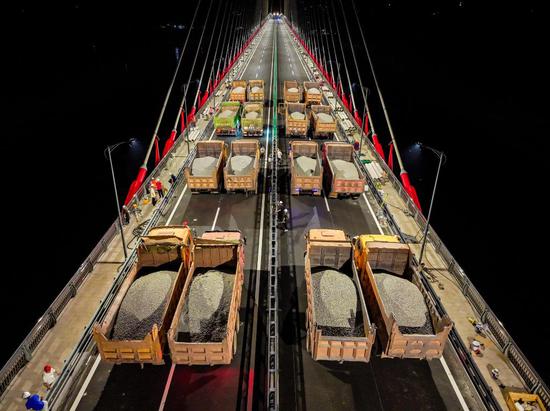
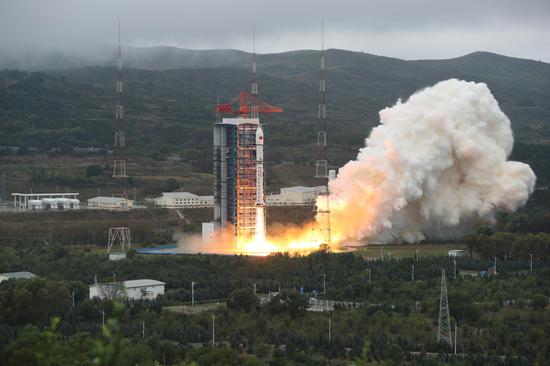
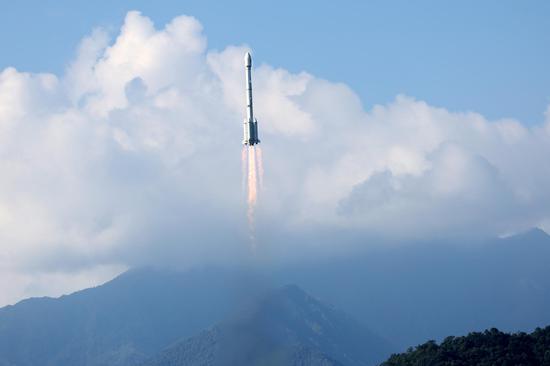







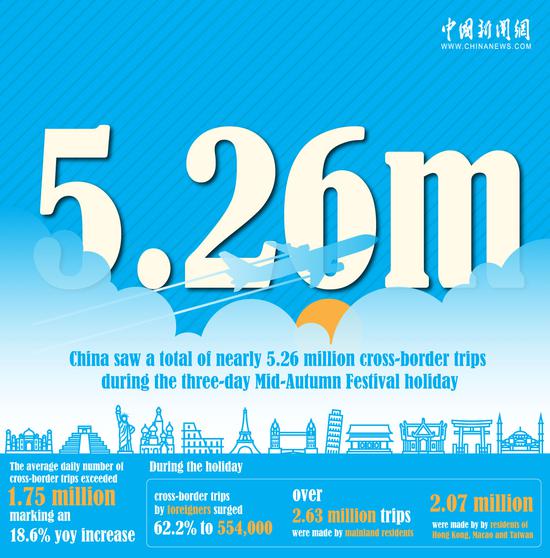
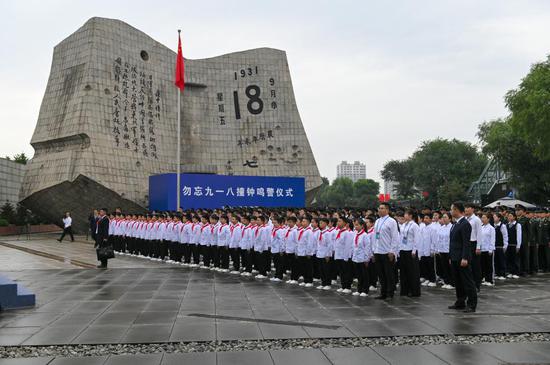


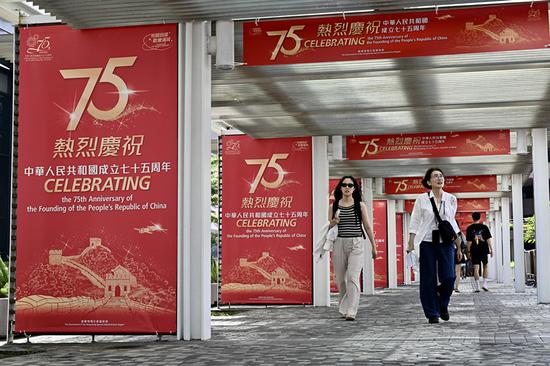

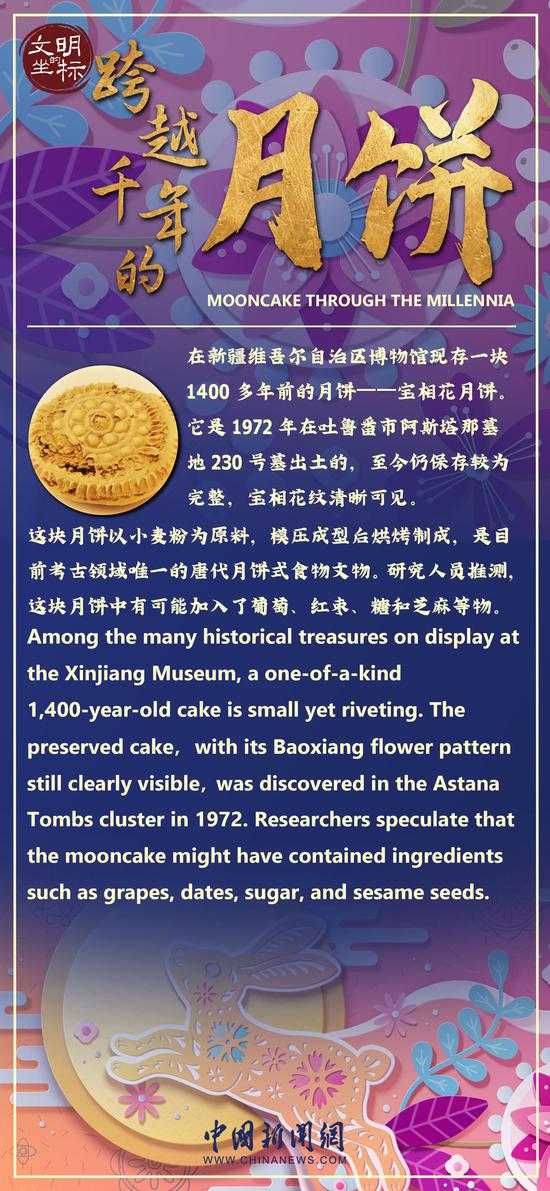

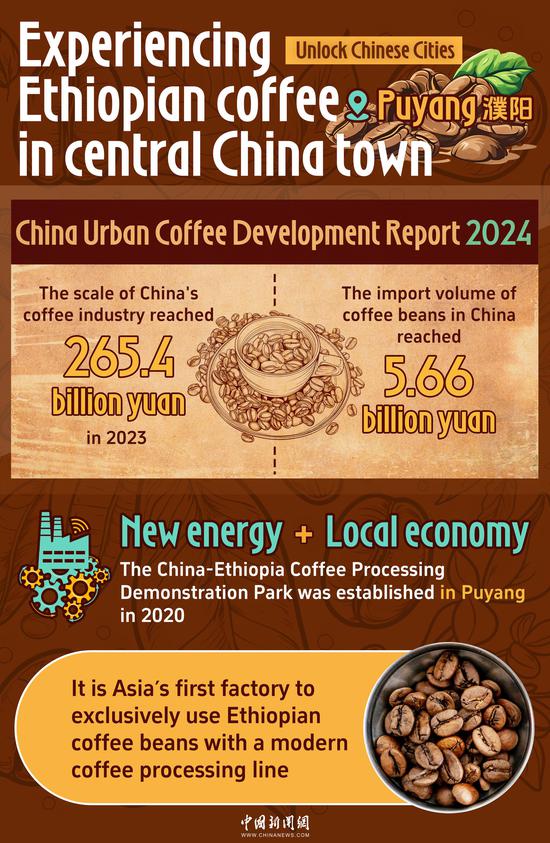
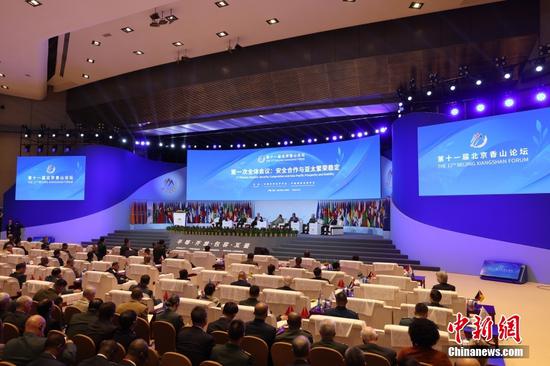





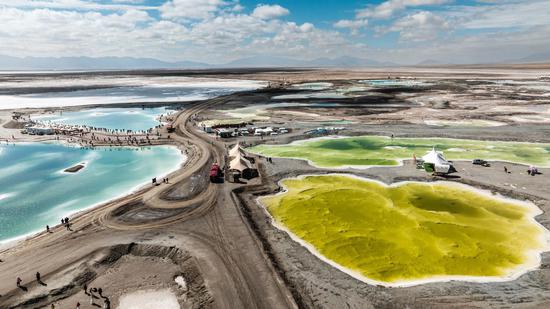
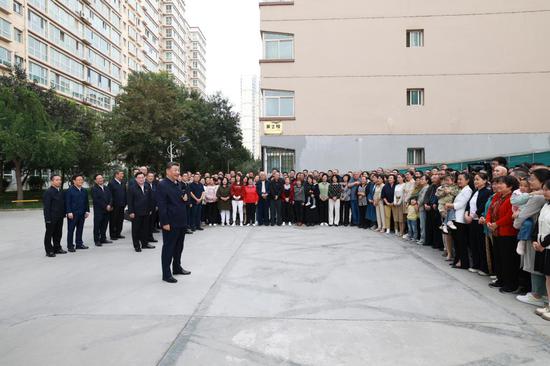
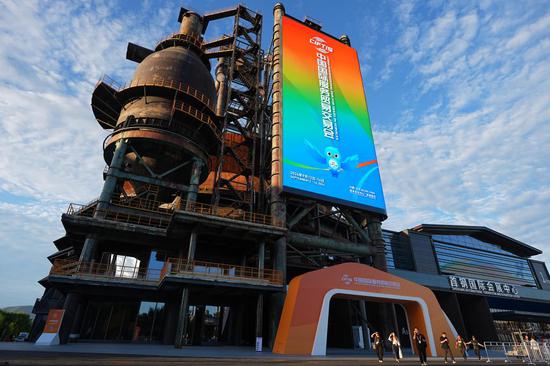
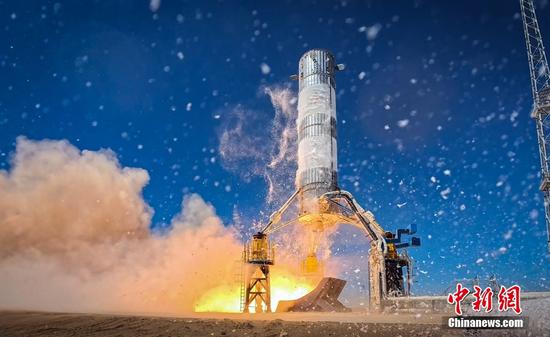






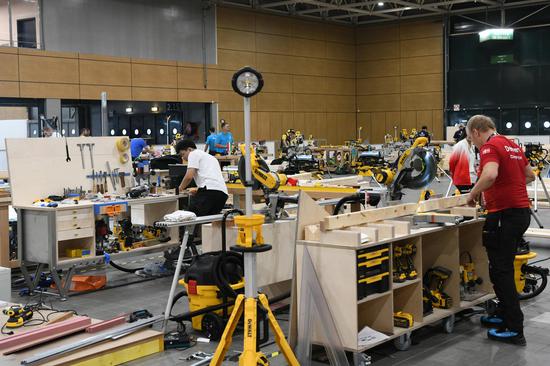


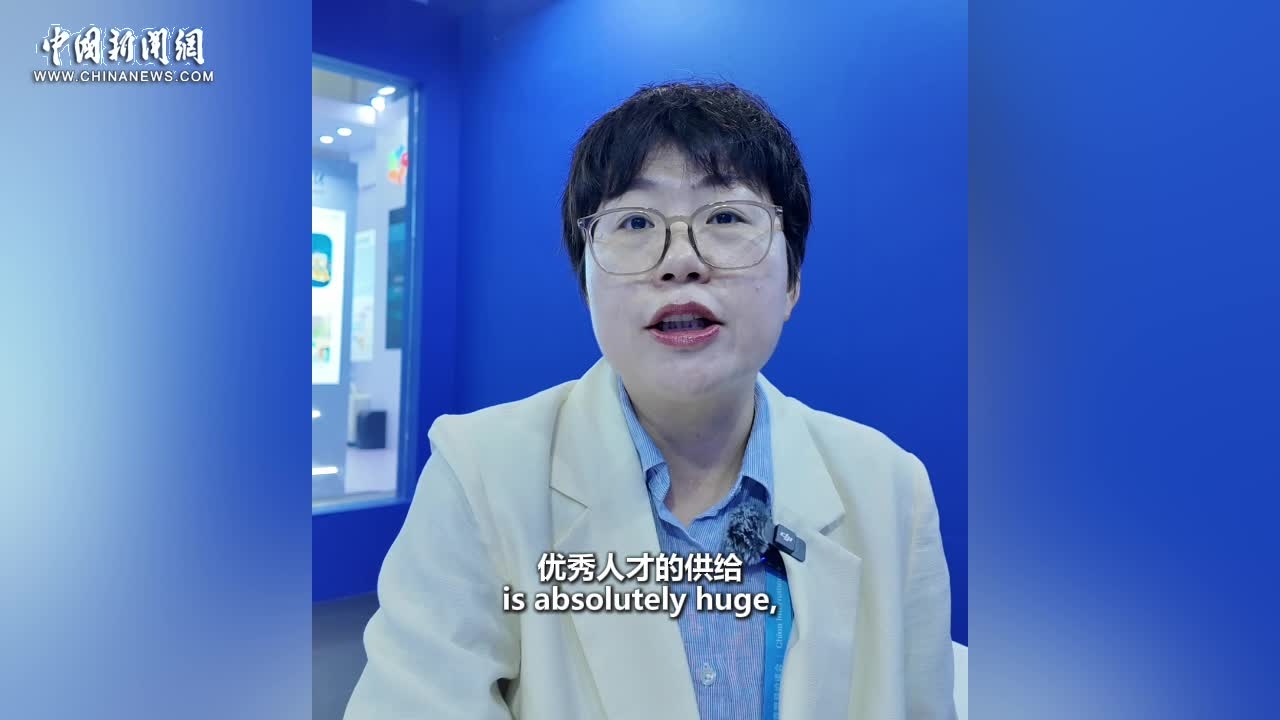

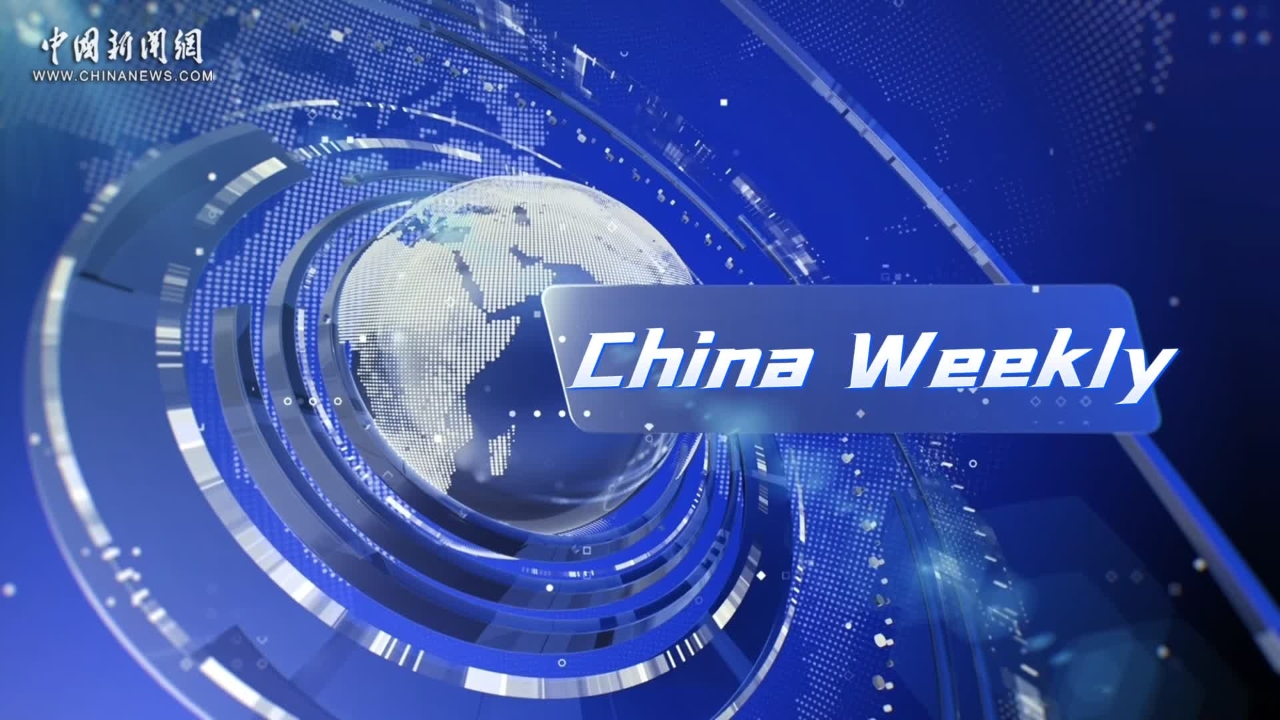

 京公網(wǎng)安備 11010202009201號
京公網(wǎng)安備 11010202009201號